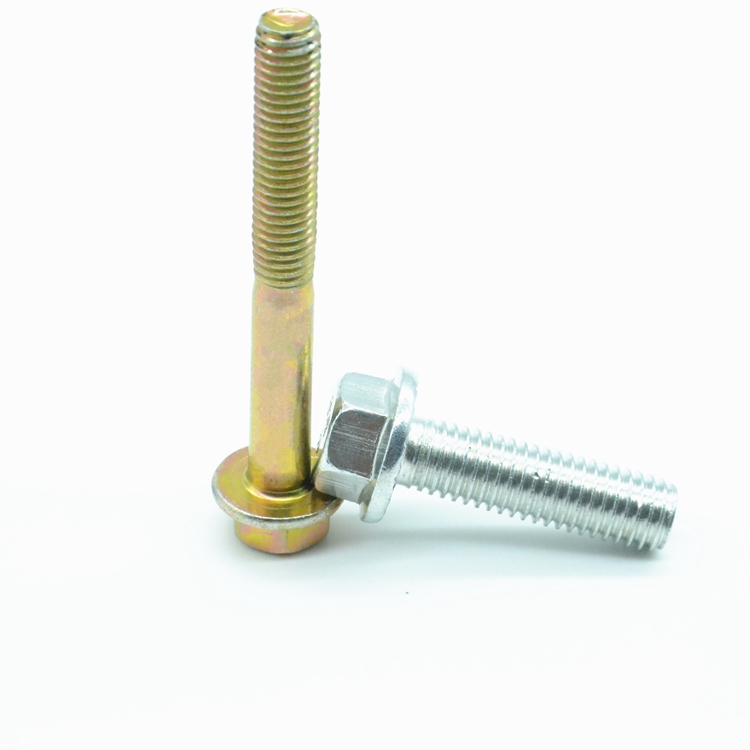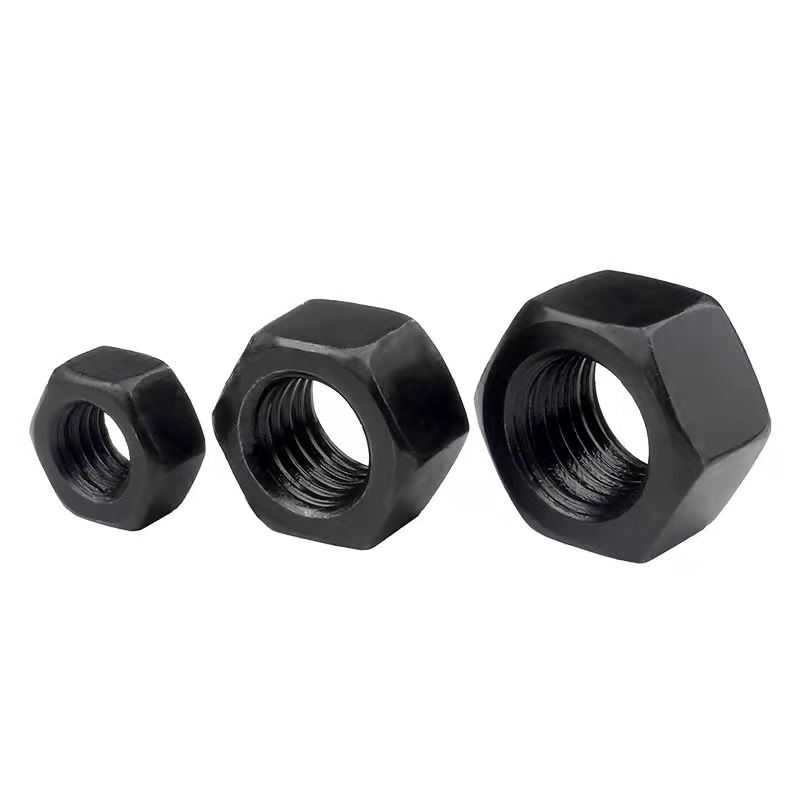plastic bolts and nuts
Fév . 05, 2025 03:38 Back to list
plastic bolts and nuts
Plastic bolts and nuts might not be the first fastening solution that comes to mind when considering durability and resilience, but these components have emerged as quintessential elements in a multitude of industrial and domestic applications. Inspired by their unique properties, industries are capitalizing on these lightweight, corrosion-resistant alternatives to traditional metal fasteners.
In understanding the authoritative aspects, it is crucial to note that industry standards for plastic bolts and nuts are governed by stringent testing protocols. Regulatory bodies ensure these products meet prescribed specifications for strength, thermal stability, and chemical resistance. Furthermore, manufacturers continually invest in research and development to expand the applications of plastic fasteners. They are embedding new technologies and enhancing fabrication processes to improve performance metrics, establishing themselves as leaders within both the commercial and consumer sectors. Entrusted by manufacturers and professionals alike, the credibility of plastic bolts and nuts is enhanced by their cost-effectiveness and longevity. Compared to metal fasteners, plastic alternatives often come at a lower price point yet deliver comparable, if not superior, service life due to their immunity to rust and deformation. An additional credibility factor is their environmental sustainability potential. As industries move towards greener practices, certain plastics used in making bolts and nuts are being designed to be recyclable, reducing the ecological footprint of production and disposal processes. Ultimately, plastic bolts and nuts signify more than just a shift from traditional metal fasteners; they represent an evolution towards efficiency and sustainability in industrial design and maintenance. From aerospace to everyday household use, these unsung heroes provide a blend of advanced technology and practical application, nuancing how we perceive the capabilities of polymer-based solutions. As experts and consumers continue exploring the extensive potential of these components, plastic bolts and nuts are solidifying their esteemed place across industries, promising innovations that align with future demands and ecological responsibilities.


In understanding the authoritative aspects, it is crucial to note that industry standards for plastic bolts and nuts are governed by stringent testing protocols. Regulatory bodies ensure these products meet prescribed specifications for strength, thermal stability, and chemical resistance. Furthermore, manufacturers continually invest in research and development to expand the applications of plastic fasteners. They are embedding new technologies and enhancing fabrication processes to improve performance metrics, establishing themselves as leaders within both the commercial and consumer sectors. Entrusted by manufacturers and professionals alike, the credibility of plastic bolts and nuts is enhanced by their cost-effectiveness and longevity. Compared to metal fasteners, plastic alternatives often come at a lower price point yet deliver comparable, if not superior, service life due to their immunity to rust and deformation. An additional credibility factor is their environmental sustainability potential. As industries move towards greener practices, certain plastics used in making bolts and nuts are being designed to be recyclable, reducing the ecological footprint of production and disposal processes. Ultimately, plastic bolts and nuts signify more than just a shift from traditional metal fasteners; they represent an evolution towards efficiency and sustainability in industrial design and maintenance. From aerospace to everyday household use, these unsung heroes provide a blend of advanced technology and practical application, nuancing how we perceive the capabilities of polymer-based solutions. As experts and consumers continue exploring the extensive potential of these components, plastic bolts and nuts are solidifying their esteemed place across industries, promising innovations that align with future demands and ecological responsibilities.
Next:
Latest news
-
Top Wire Bolts Company: Manufacturers, Exporters & Suppliers
NewsAug.10,2025
-
Premium Cabinet Bolts Supplier - Quality & Wholesale Fasteners
NewsAug.09,2025
-
Reliable Cabinet Bolts Supplier | Quality & Bulk Fasteners
NewsAug.07,2025
-
Wire Bolts Suppliers & Manufacturer | Factory Direct Price
NewsAug.06,2025
-
Premium Wire Bolts Suppliers | High-Quality Bolts
NewsAug.05,2025
-
Trusted Wire Bolts Suppliers - Durable & Reliable Solutions
NewsAug.04,2025
